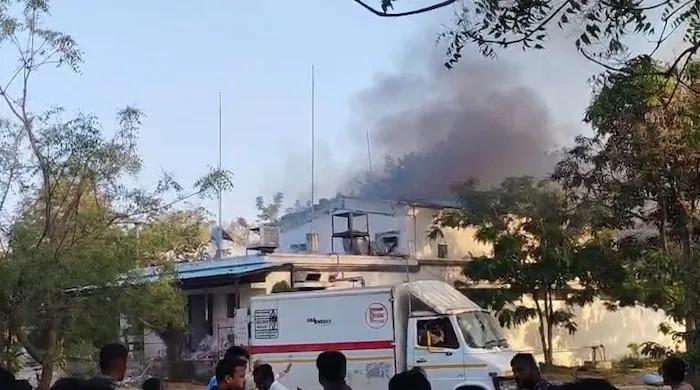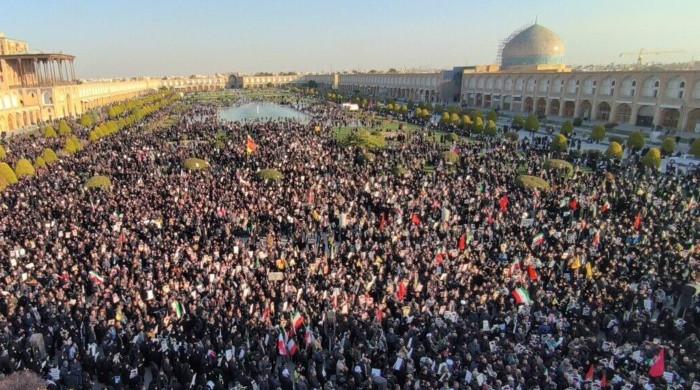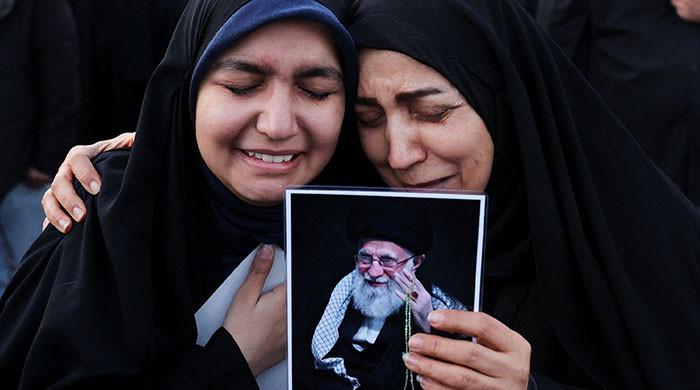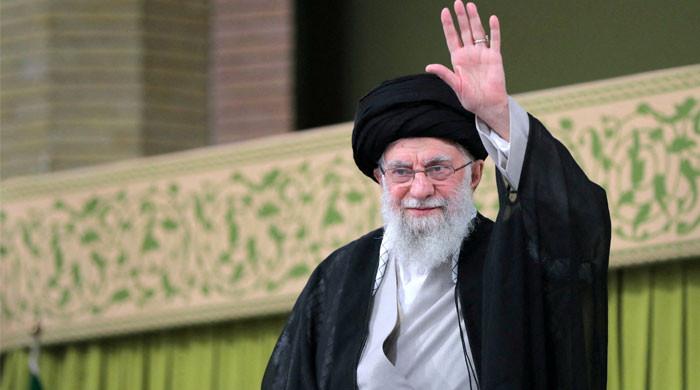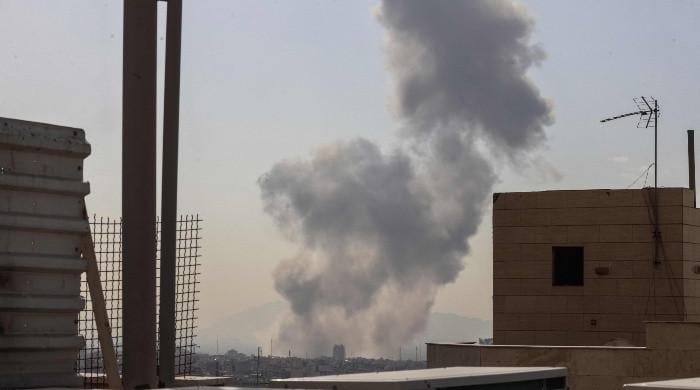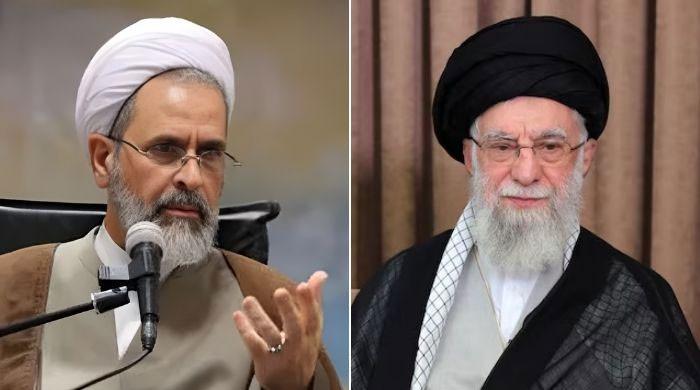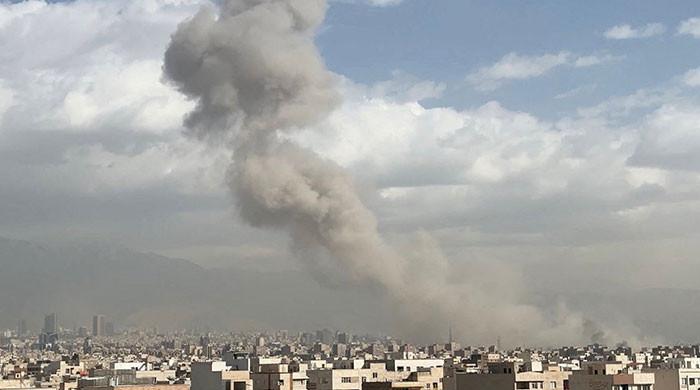Family reunion to shape voting patterns for Norwegian Pakistanis in Election 2017
Members of the Pakistani community have demanded for easier visa conditions for their families in Pakistan
September 05, 2017
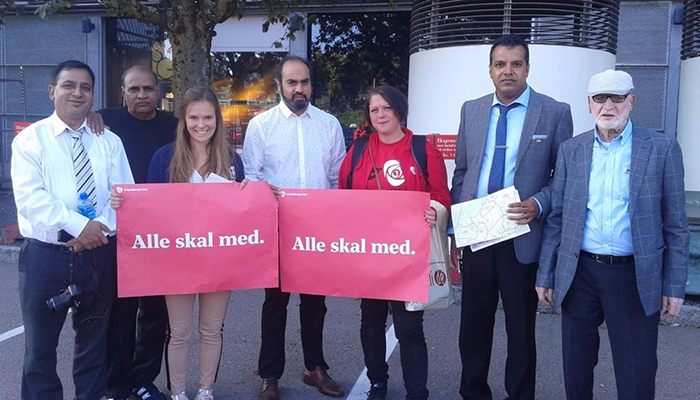
OSLO: Family reunion is one of the primary issues which will determine voting patterns of Norwegian Pakistanis in the upcoming elections set to be completed by September 11, 2017.
Members of the Norwegian Pakistani community — one of largest Asian communities in Norway — have different political approaches to the election campaign.
Many members of the Pakistani community have demanded easier visa conditions for their families in Pakistan from the political parties. They want their elected representatives to relax the stringent immigration conditions, which they term as ‘difficult and discriminatory’ especially for their families residing in Pakistan.
Five individuals of Pakistani origin, Abid Raja, Mudassar Kapoor, Hadia Tajik, Dr Tina Shagufta and Aisha Naaz Bhatti have been nominated as candidates by the local political parties for the national parliament.
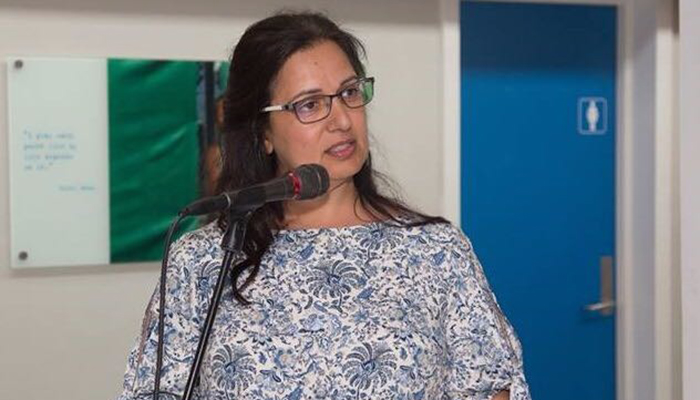
A leading Pakistani social figure, Sharif Gondal, says the community will not cast votes in favour of parties which have paid no heed to their [Pakistani community’s] demands.
“Norwegian Pakistanis should not vote for parties that have created problems in the context of family reunion,” he said, elaborating on the stern conditions for family reunion, including the minimum age of the spouse (24 years), the requirement for a substantial income, and a 15-month period for visa processing.
“Even the visa interview of the family in the Norwegian embassy in Islamabad is very difficult,” he insisted.
Another prominent member of the Norwegian-Pakistani community, Malik Pervez also expressed similar concerns, stating that these issues had already been raised in various meetings.
A leading Norwegian-Pakistani organisation, Pakistan Union Norway, has urged members of the community including other minorities to use the constitutional right to cast votes.
“Vote is important because it can make changes in policies,” a statement of the union said.
Comparable observations were reported last weekend when a Norwegian-Pakistani group, Family Network, invited Norwegian Pakistanis and representatives of different political parties at Furuset center in Oslo.
Similar issues were also raised by Norwegian citizens of different foreign origins in a debate arranged by Immigrants’ Forum headed by former Parliament member Athar Ali near Oslo centrum.
Member Oslo City parliament Dr Mubashar Banaras says ‘immigrants including Norwegian-Pakistanis can achieve their political goals through votes.’ Ghulam Sarwar from the Labour party also requested a gathering at the Tveita centre in Oslo to use their votes for the community’s betterment.
A former candidate for the national parliament, Iqbal Denny, who is associated with the Liberal Party said the demand for relaxation in visa rules cannot be ‘raised in the election move because the regulation applies to all communities and not just Pakistanis.’
A Norwegian-Pakistani lady, Aisha Naaz Bhatti, who is actively contesting the elections in Oslo, for national assembly from Centre Party says she wants to motivate the Norwegian-Pakistani females to participate in politics. Dr Tina Shagufta of the Liberal Party says is also making efforts to promote liberal politics in the country.
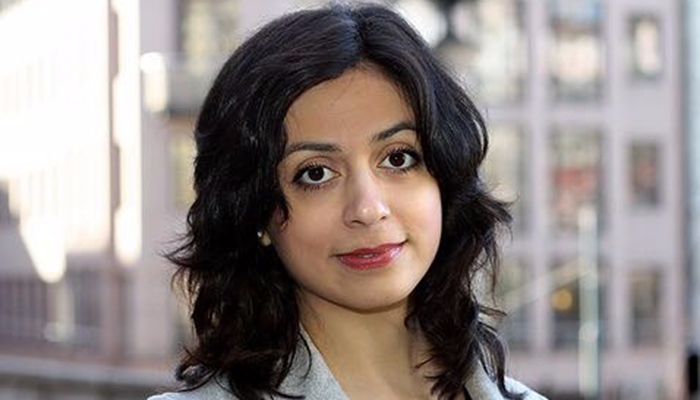
Pakistanis are one of the largest immigrant communities in Norway, with second and third generations being born and raised in the country. In the 1970s, the first generation of young Pakistanis, mostly belonging to Kharian in Pakistan, entered Norway as guest workers. However, most second and third-generation Pakistani-Norwegians have made their mark in different professions. The community has a strong presence in higher education, media, and politics.
The Norwegian legislature, Storting, will be elected for a new four-year term. All 169 parliamentary seats are being contested by candidates of different parties.
The previous elections that were held on September 9, 2013, resulted in the victory of Conservatives and their right-wing allies. The Conservative Party, led by Erna Solberg, and the right-wing Progress Party and some small parties had formed a coalition government, with Solberg as the Prime Minister.
Eight political parties that are participating in the 2017 elections are presently part of the Norwegian Parliament.
Deputy Mayor of Drammen, Syed Yousaf Gilani believes the largest parties will not gain a simple majority in the elections and smaller parties, again, will play a key role in the formation of the new government.
According to the secretary of the labour union at the Metro Railway in Oslo Asghar Shahid, most of the working class is not satisfied with the current setup and because of that, it is possible that the Labour Party, the largest opposition party, will form the new government with the assistance of like-minded smaller parties.
While elections are important for Norwegians of all origins, it is too early to say which party will form the new government. According to some analysts, the current setup may continue with an average management because opposition parties’ popularity has not increased significantly in the recent years.




